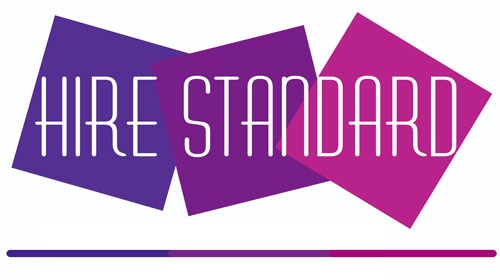Not every employee has leadership potential. Some individuals prefer to work alone,  independently, and demonstrate incredible creativity doing so. However, many employees who possess a drive to lead are inadequately prepared for such a visible role. They often find themselves struggling with the responsibility and expectations that are suddenly part of their daily routine.
independently, and demonstrate incredible creativity doing so. However, many employees who possess a drive to lead are inadequately prepared for such a visible role. They often find themselves struggling with the responsibility and expectations that are suddenly part of their daily routine.
Scott Edinger, contributor to Forbes, uses the example of Michael Jordan to address the transition of an employee to a leadership role. Jordan, although an iconic basketball player, did not perform so well as a manager in the NBA. Edinger provides suggestions for employers who would like to effectively nurture and prepare talented employees.
- Leadership involves a specific set of skills and abilities. The experience that an individual has in a chosen career serves as knowledge from which to draw to solve problems. However, experience provides perspective, but the ability to motivate and guide others is something else entirely.
- Consider assessment tools to discern the skills that your chosen leader incumbents may lack. Emotional intelligence and empathy, lack of prejudice, and personal conviction are character traits that may require deeper analysis to identify. A professional recruiter can help you to confidently choose the right individuals for leadership development.
- Just as you might hire an employee on a temporary basis to ensure they are capable, provide your leadership candidates with more challenging tasks to see how they behave. This allows time for correction or mentoring before they are thrust into a role that could be overwhelming. Provide adequate coaching and support.
- Provide incentives for leaders. Encourage feedback among all employees. Financial reward is important, but so is a feeling that efforts are appreciated and effective. Encourage a culture that rewards risk taking and avoids assigning blame. Gains are achieved through trial and error.
It may be difficult to be a successful leader in an organization that lacks a culture of acceptance, diversity, team work, and transparency. Open communication is the key to gaining employee trust. The ability to allow mistakes by others, and to admit to your own, can gain the respect of many. Change in your organizational culture may be required before you can identify and develop effective leaders. Contact a Hire Standard professional for advice in hiring and developing leaders in your organization.
